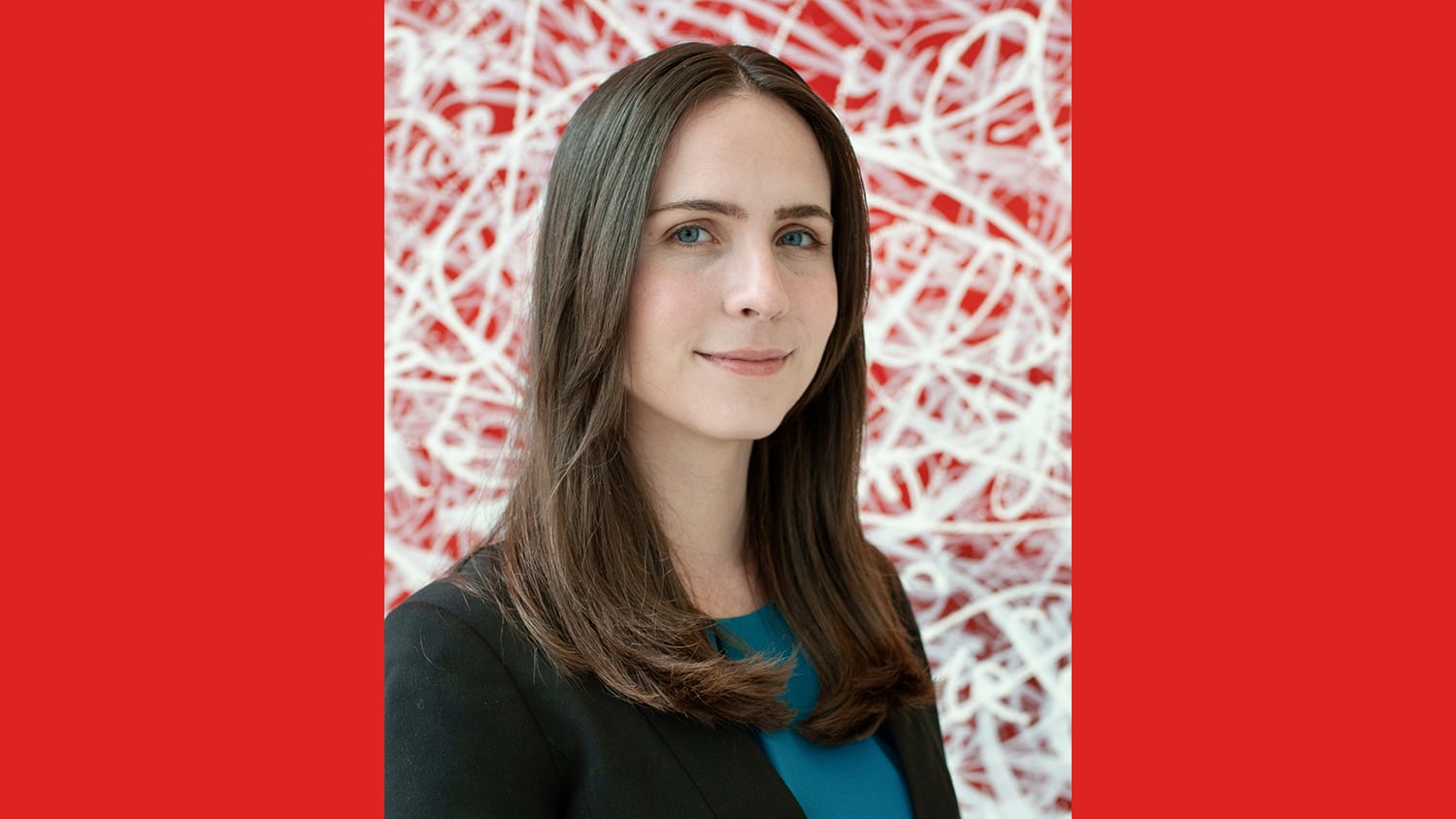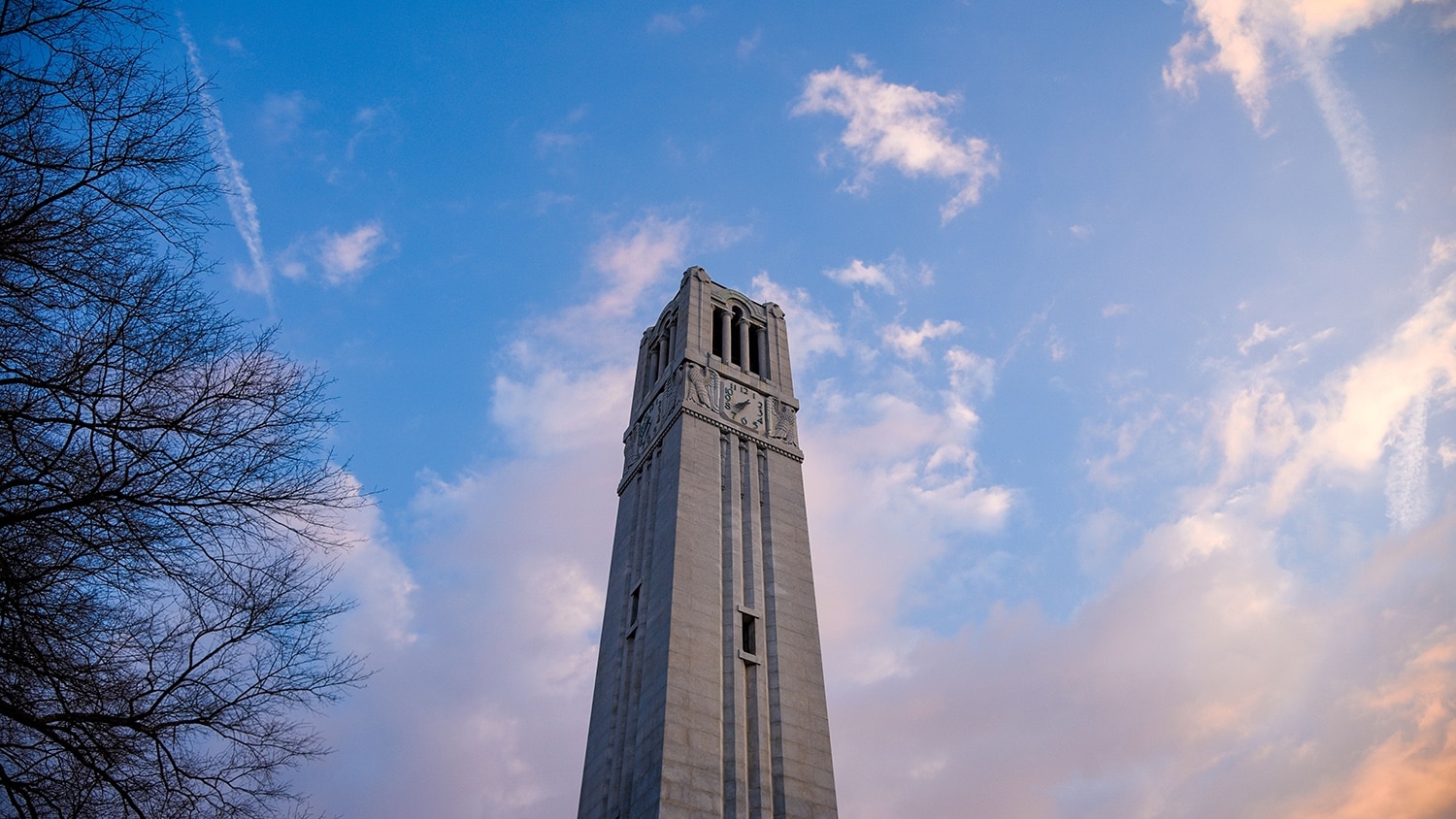New Yorker Science Writer Addresses Denialism of Science
What happens to a society that accepts denialism as a way of life?
On Feb. 22, journalist Michael Specter examined that question as the second speaker in the College of Sciences Crossroads Series, which considers topics at the intersections of science and other disciplines.
Specter, an award-winning journalist and author, has covered science, technology and public health topics for The New Yorker since 1998 and is the author of the 2009 book Denialism: How Irrational Thinking Hinders Scientific Progress, Harms the Planet and Threatens Our Lives. He argued that people’s denial of scientific evidence is often based on fear, which is best countered when scientists are open about their work.
“If you work in a lab anywhere, you or someone in your lab ought to be able to talk about the work you do and make it somewhat relevant,” he said. He said that when non-scientists are involved in and understand scientific research on issues they consider important, it makes a real difference in their attitudes toward the science.
Buy-in from both scientists and the public can lead to key advances in areas like genetics and vaccine development, affecting the trajectory of scientific research for decades to come, Specter said.
“We’re at a very special moment” in terms of scientific progress where forward momentum is important, he said. And he noted that Raleigh and the Research Triangle are a hub for many of these advances.
“There’s probably more innovation going on in the Research Triangle today than there was in the United States 50 years ago,” he said. “There are so many brilliant people doing such exciting things. It’s astonishing.”
This post was originally published in College of Sciences News.
- Categories:


